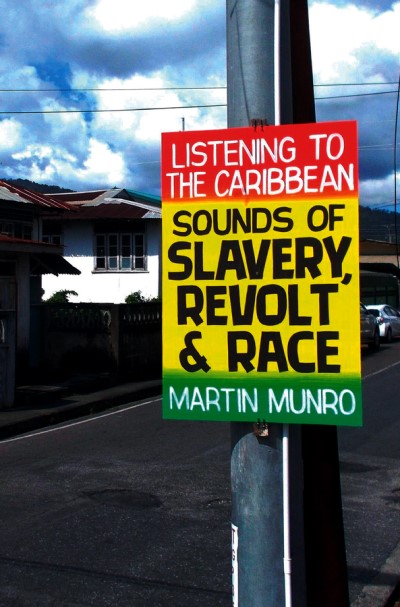By Martin Munro (NHC Fellow, 2020–21)

Liverpool, UK: Liverpool University Press, 2022
From the publisher’s description:
The primary aim of Listening to the Caribbean: Sounds of Slavery, Revolt, and Race is quite ambitious: to open up the Caribbean to a “sound studies” approach, and to thereby effect a shift in Caribbean studies away from the predominantly visual biases of most scholarly works and towards a fuller understanding of early Caribbean societies through listening in to the past. Paying close attention to auditory elements in written accounts of slavery and revolts allows us to unlock the sounds that are registered and recorded there, so that not only does one gain a more sensorially full understanding of the society, but also to a considerable extent, the voices and subjectivities of the enslaved are brought out of the silence to which they have been largely consigned. Reading texts in this way, listening to the sounds of language, work, festivity, music, laughter, mourning, and warfare, for example, allows one to know better the lives of the enslaved people, and how, counter to the largely visual power of the planters, the people developed a highly sophisticated auditory culture that in large part ensured their survival and indeed their final victories over the institution of slavery.Subjects
Film and Media / Literature / Sound Studies / Enslaved Persons / Slave Narratives / Caribbean History / Cultural History / Caribbean /Munro, Martin (NHC Fellow, 2020–21). Listening to the Caribbean: Sounds of Slavery, Revolt, and Race. Liverpool Studies in International Slavery. Liverpool, UK: Liverpool University Press, 2022.